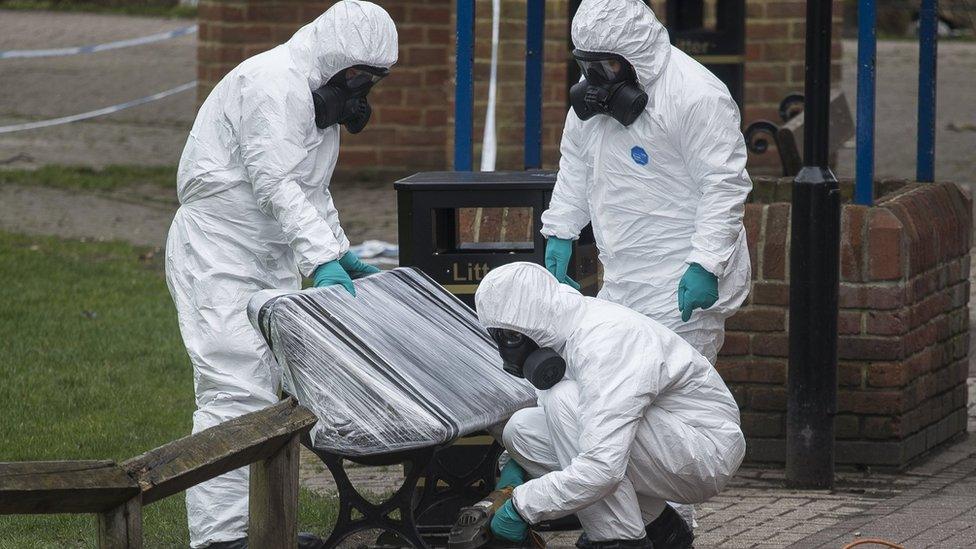Spy poisoning: Nato expels Russian diplomats
- Published
Eurovision-style? The BBC's Steve Rosenberg on how the Russian media is reporting the score-settling
Nato is expelling seven Russian diplomats in response to a nerve agent attack in the UK.
The international security organisation's chief said the move would send a message to Russia that there are "costs and consequences" for its behaviour.
Twenty-six countries have expelled Russian envoys in the past two days, in solidarity with the UK.
They all believe Russia was behind the poisoning of two people in Salisbury.
Russian ex-spy Sergei Skripal and his daughter, Yulia, were poisoned on 4 March in the southern English city, and investigators say a military-grade nerve agent was used.
Russia has denied involvement.
Speaking in Brussels, Nato chief Jens Stoltenberg said he would also deny pending accreditation for three Russian staff, and would reduce the size of Russia's mission from 30 to 20.
Nato made a similar move in 2015, in response to the Russian annexation of Crimea. Before that, there were 60 Russia personnel at its Belgium headquarters.
Earlier, Russia accused the US of pressuring other countries to join the mass expulsion of its diplomats.
Foreign Minister Sergei Lavrov accused Washington of "colossal blackmail" and said there were "few independent countries" left in modern Europe.
Mr Skripal and his daughter remain stable but critical in hospital.
What is Russia's response?
Mr Lavrov said it was inevitable that there would be a response to the mass expulsion. He singled out the US for blame.
"When one or two diplomats are being expelled from this or that country, all the while whispering apologies in our ear, we know for sure that this is a result of colossal pressure, colossal blackmail, which unfortunately is Washington's main tool now on the international area," he said.
"It is hard to escape a conclusion that we were right when we stressed several times that there remain few independent countries in the modern world, modern Europe."
Viktoria Skripal, the niece of the poisoned Russian spy, Sergei Skripal, told the BBC she hopes a miracle will happen.
Russia's foreign ministry is said to be drawing up a number of possible retaliatory measures for President Vladimir Putin to consider.
One Russian senator, Vladimir Dzhabarov, was quoted as saying there would be a "tit-for-tat" response to the US decision to expel 48 envoys at the Russian embassy in Washington and 12 more at the UN in New York.
Mr Lavrov's deputy, Sergei Ryabkov, earlier said a tough response was needed but stressed Moscow would not abandon strategic stability talks with Washington.
Who is expelling diplomats?
A total of 27 nations have now announced the expulsion of more than 140 Russian diplomats.
Moldova, Ireland, Australia and Belgium are the latest countries to act, after the UK made the first move by expelling 23 envoys earlier this month.
Belgium said it would expel one diplomat, having previously indicated it might not take the step because it played host to the headquarters of the EU and Nato. Its announcement came after Nato made its statement.
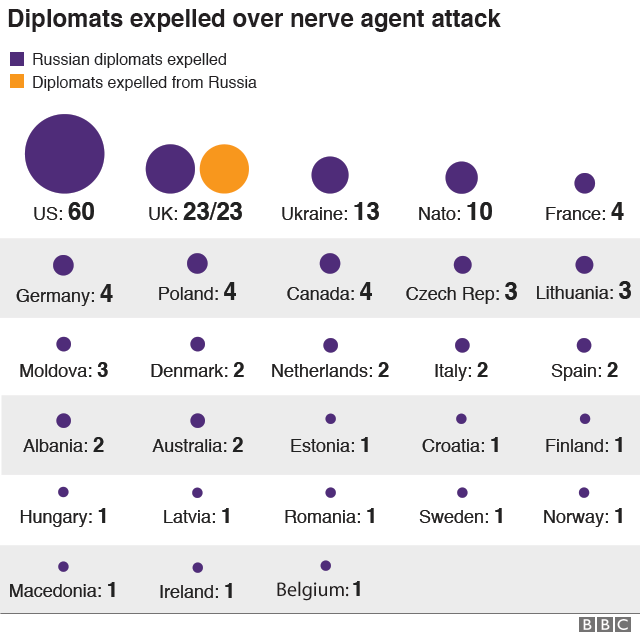

The majority of the countries making the move are either members of Nato or the EU, or both.
Nato's Mr Stoltenberg said: "The practical implication of course is that Russia will have a reduced capability to do intelligence work."
President of the European Council Donald Tusk said he would not rule out further measures.
UK Foreign Secretary Boris Johnson has praised the "extraordinary international response" by the UK's allies. He said "the world has had enough" of Russia's behaviour but rejected suggestions a new Cold War was dawning.
Boris Johnson on widespread expulsions of Russian diplomats
Who is not expelling Russians?
EU countries that have said they have no intention of expelling diplomats include Austria, Greece and Portugal, although all have said they support the UK and condemn the poisoning.
Austria's Chancellor Sebastian Kurz tweeted that while he backed the EU, "as a neutral country we will not expel any diplomats", preferring to "act as a bridge-builder between East and West".
Allow X content?
This article contains content provided by X. We ask for your permission before anything is loaded, as they may be using cookies and other technologies. You may want to read X’s cookie policy, external and privacy policy, external before accepting. To view this content choose ‘accept and continue’.

New Zealand's Prime Minister Jacinda Ardern said it did not have any undeclared Russian intelligence officers, but added: "If we did, we would expel them."
Is there a diplomatic boycott of the World Cup?
The World Cup starts in Russia in June and the UK said earlier this month it would not send ministers or members of the Royal Family.
On Monday, Iceland said its leaders will not attend the football tournament. Others have mooted the idea.
Australia's Foreign Minister Julie Bishop mooted the possibility of boycotting the World Cup altogether.
- Published27 March 2018
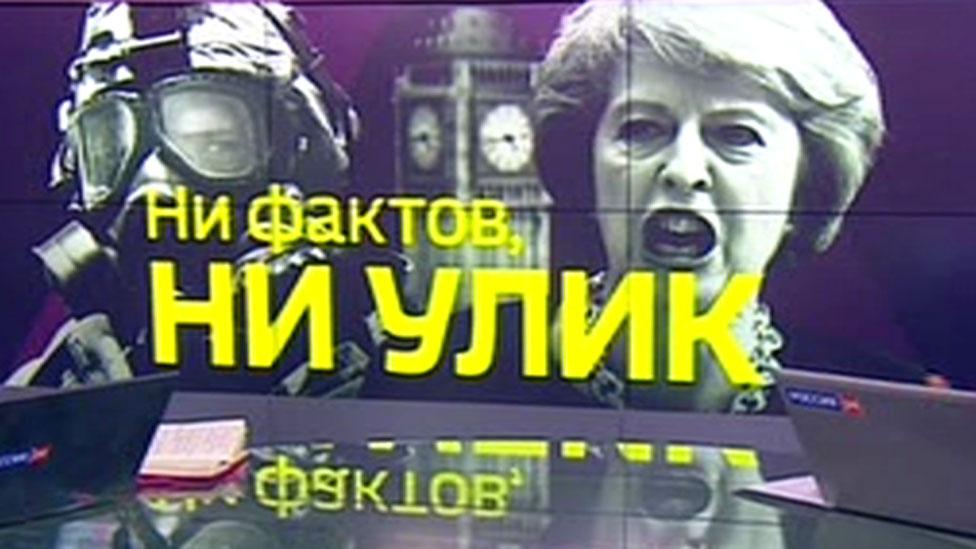
- Published27 March 2018
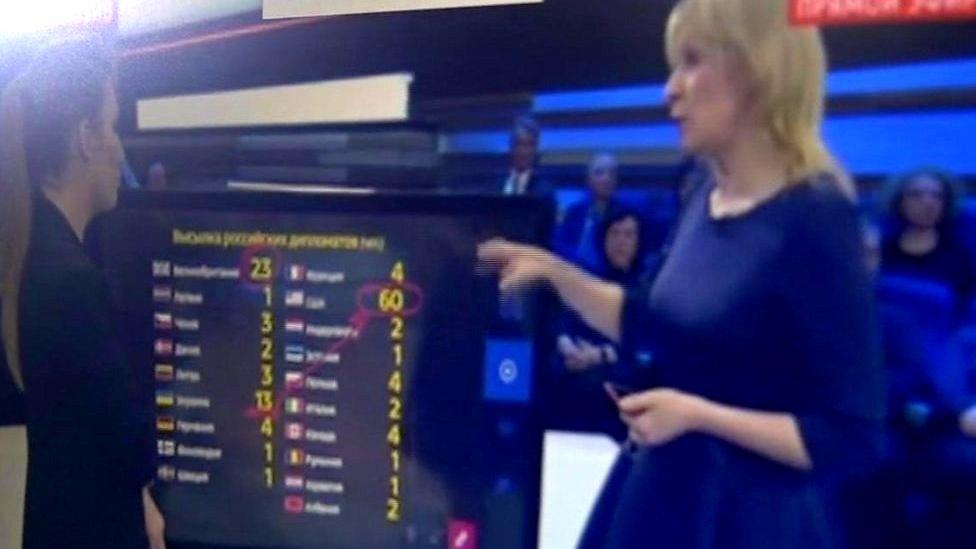
- Published26 March 2018
- Published23 March 2018
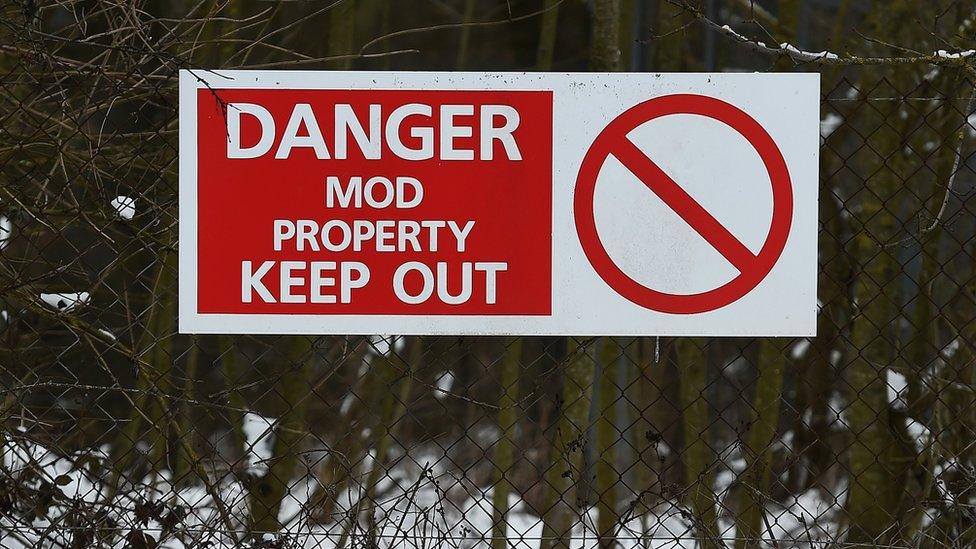
- Published23 March 2018
- Published24 March 2018
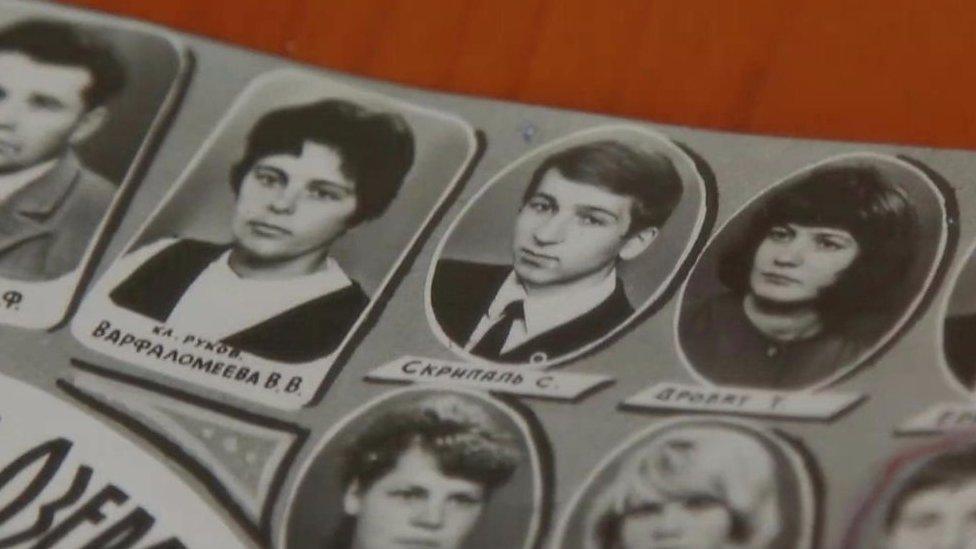
- Published24 March 2018
